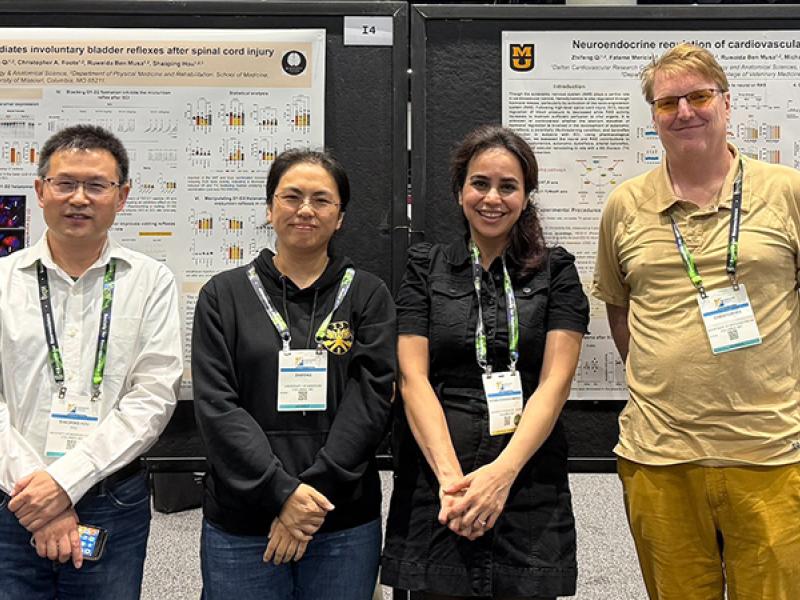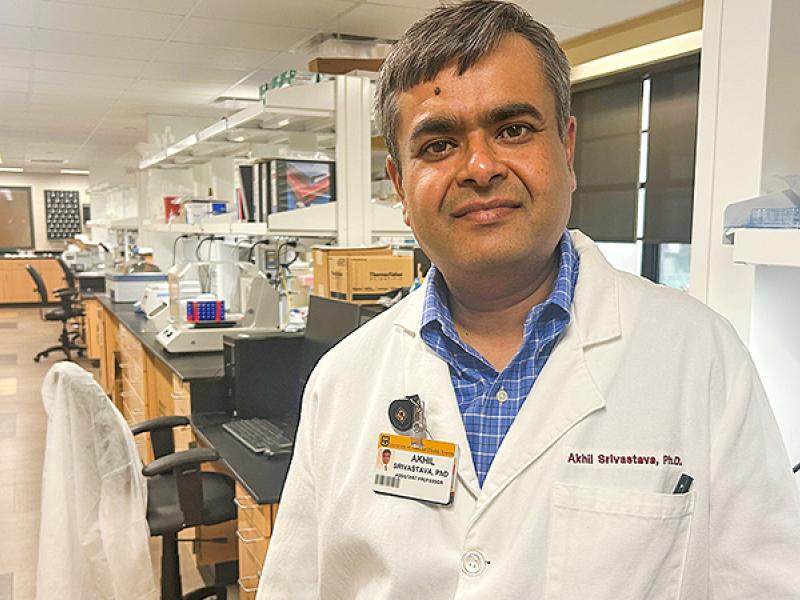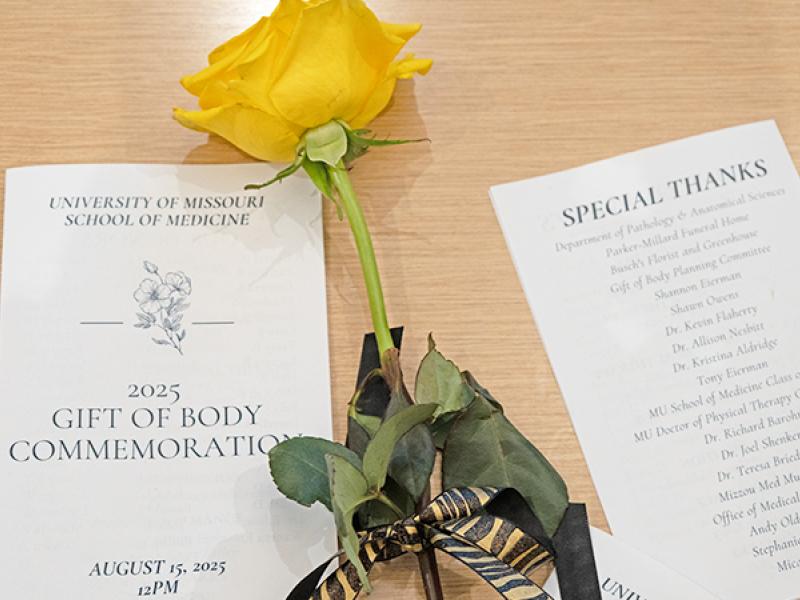Neuroscience, the study of how brain is organized and functions, is currently one of the most exciting and dynamic fields of modern science worldwide. The field of neuroscience encompasses many disciplines including biology, biochemistry, computer sciences, electrical engineering, neurology, neurosurgery, nutrition, pathobiology, pharmacology, physics, physiology, psychology, psychiatry, and radiology.
Neuroscientists have developed sophisticated tools and technologies for analyzing nervous system function and dysfunction, and have advanced our understanding of the mechanisms underlying the development and function of the nervous system, injuries of the nervous system, and neurological disease processes.
Faculty in Pathology and Anatomical Sciences are members of the Neuroscience Center in the School of Medicine, and study neurodevelopment (including brain malformations), neuro-oncology (including brain tumors), neurodegenerative diseases (including Alzheimer and Parkinson diseases), working to elucidate the genetic and environmental effects. Current studies are funded by grants from the National Institutes of Health, the American Heart Association, and other foundations. Scientists are using state-of-art technologies and multi-disciplinary approaches, such as genetics, molecular and cell biology, biochemistry, pharmacology, immunocytochemistry, molecular structure modeling, 3-dimensional morphometrics, and systems biology, to address the causes and potential treatments for these neurologic disorders.
Students interested in working with individual faculty may contact them directly. Most faculty are members of both the Pathobiology Area Program and the Interdisciplinary Neuroscience Program.
Faculty
- Kristina Aldridge, PhD
- Jiankun Cui, MD
- Zezong Gu, MD, PhD
- Shaoping Hou, PhD





